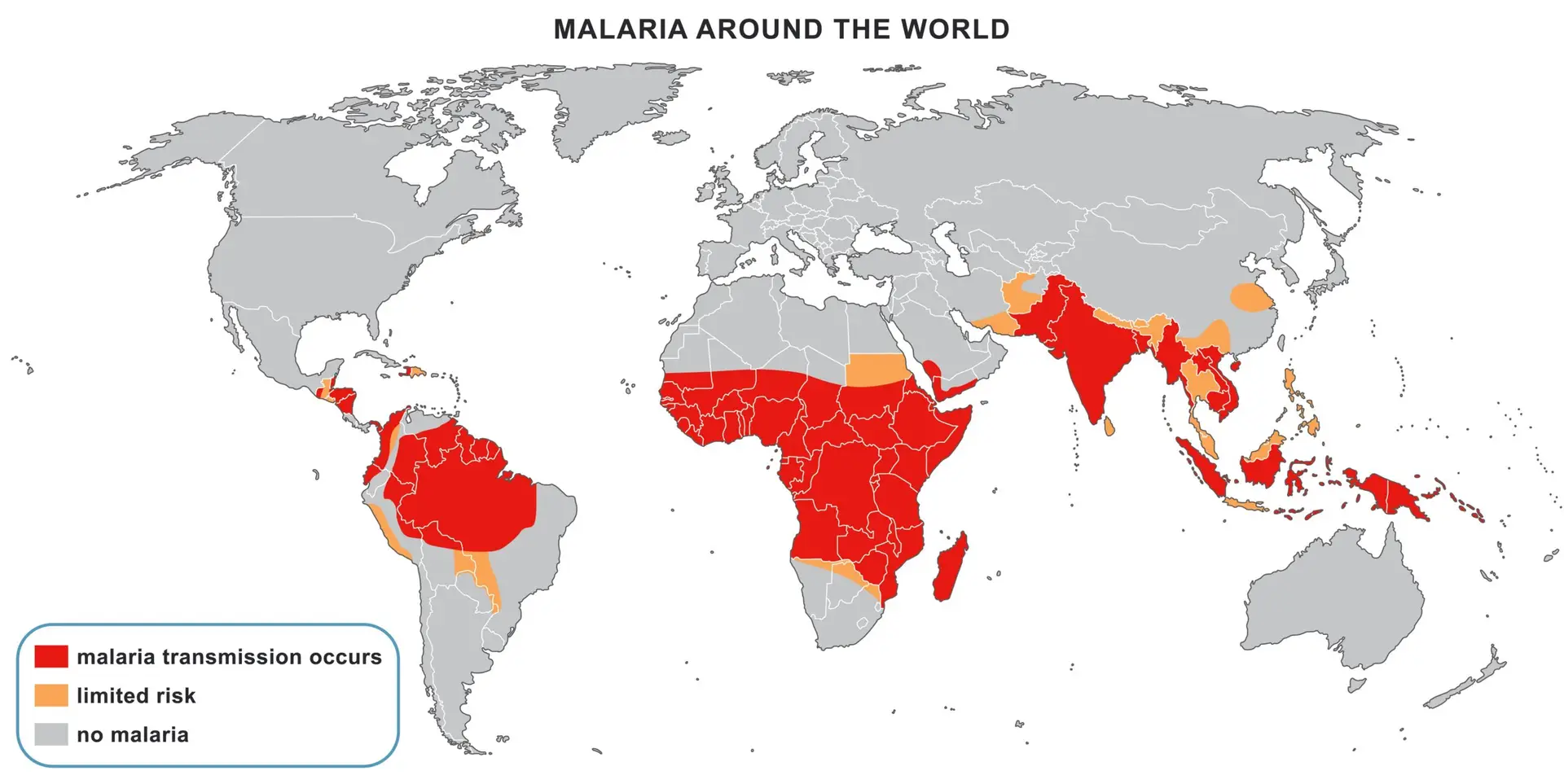Routine Protection
For routine protection against Tetanus and Polio please make appointments with the practice nurse. We offer a full range of vaccinations for foreign travel. For all advice and information regarding foreign travel please make an appointment with the practice nurse 4-6 weeks before departure so that immunisation can be completed. Please note that not all travel vaccinations are free of charge.
If you are travelling abroad and think that you may need travel vaccinations please download and complete the pre-travel questionnaire (click the link below).
Please return your completed questionnaire to the Practice Nurse at the Surgery at least a six weeks before you travel. The Practice Nurse will consult your medical record regarding previous vaccinations and will recommend any necessary vaccinations for your journey.
If you’re planning to travel outside the UK, you may need to be vaccinated against some of the serious diseases found in other parts of the world. Vaccinations are available to protect you against infections such as:
In the UK, the childhood vaccination programme protects you against a number of diseases, but doesn’t cover most of the infectious diseases found overseas.
Free Travel Vaccinations
The following travel vaccinations are usually available free on the NHS:
- diphtheria, polio and tetanus (combined booster)
- typhoid
- hepatitis A – including when combined with typhoid or hepatitis B
These vaccines are usually free because they protect against diseases thought to represent the greatest risk to public health if they were brought into the country.
Private Travel Vaccinations
Some vaccinations and travel medication is not covered by the NHS and a private fee will be charged; this should be paid for at the time of administration.
[click below to visit the NHS website with further information on each of these diseases]:
- hepatitis B when not combined with hepatitis A
- Japanese encephalitis
- tick-borne encephalitis
- meningitis vaccines
- rabies
- tuberculosis (TB)
- yellow fever
- cholera
Yellow fever vaccines are only available from designated centres. The NaTHNaC website can help you find a clinic offering yellow fever vaccination
Which Vaccinations do I need?
You can find out which vaccinations are necessary or recommended for the areas you’ll be visiting on these two websites:
- NHS fitfortravel
- The National Travel Health Network and Centre (NaTHNaC) – Once in the website launch the ‘Travel Health Pro’ for a wealth of information on Travel Abroad.
Some countries require you to have an International Certificate of Vaccination or Prophylaxis (ICVP) before you enter. For example, Saudi Arabia requires proof of vaccination against certain types of meningitis for visitors arriving for the Hajj and Umrah pilgrimages. Many tropical countries in Africa and South America won’t accept travellers from an area where there’s yellow fever unless they can prove they’ve been vaccinated against it.
Where do I get my Vaccinations?
You should get advice at least six weeks before you’re due to travel, as some vaccinations need to be given well in advance.
First, phone or visit your Practice Nurse to find out whether your existing UK vaccinations are up-to-date (they can tell from your notes). Your Practice Nurse may also be able to give you general advice about travel vaccinations and travel health, such as protecting yourself from malaria. The Nurse can give you a booster of your UK vaccinations if you need one. She/He may be able to give you the travel vaccinations you need, either free on the NHS or for a charge. Alternatively, you can visit a local private travel vaccination clinic for your UK boosters and other travel vaccinations. Not all vaccinations are available free on the NHS, even if they’re recommended for travel to a certain area.
Malaria
Malaria risk areas Malaria is found in more than 100 countries, mainly in tropical regions of the world, including:
- large areas of Africa and Asia
- Central and South America
- Haiti and the Dominican Republic
- parts of the Middle East
- some Pacific islands
The 2014 World Malaria Report, published by the World Health Organization (WHO), estimates there were 198 million cases of malaria worldwide and 584,000 deaths in 2013. Malaria is not found in the UK, although about 1,586 travellers were diagnosed with the disease after returning to the UK in 2014, and three people died.
The Fit for Travel website has more information about the risk of malaria in specific countries. See also the Map below:



